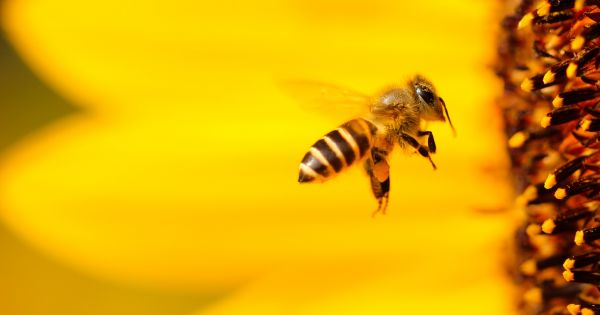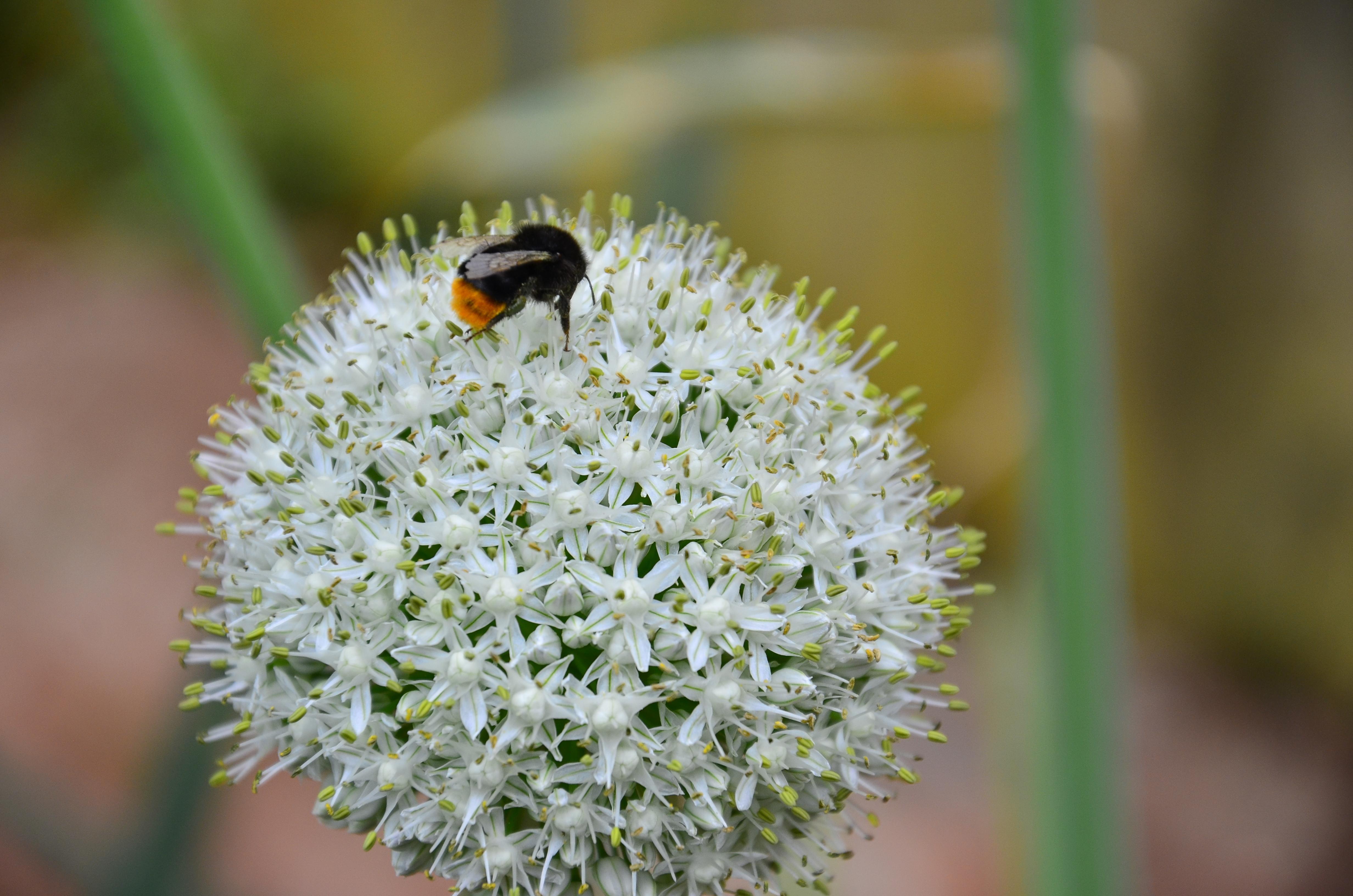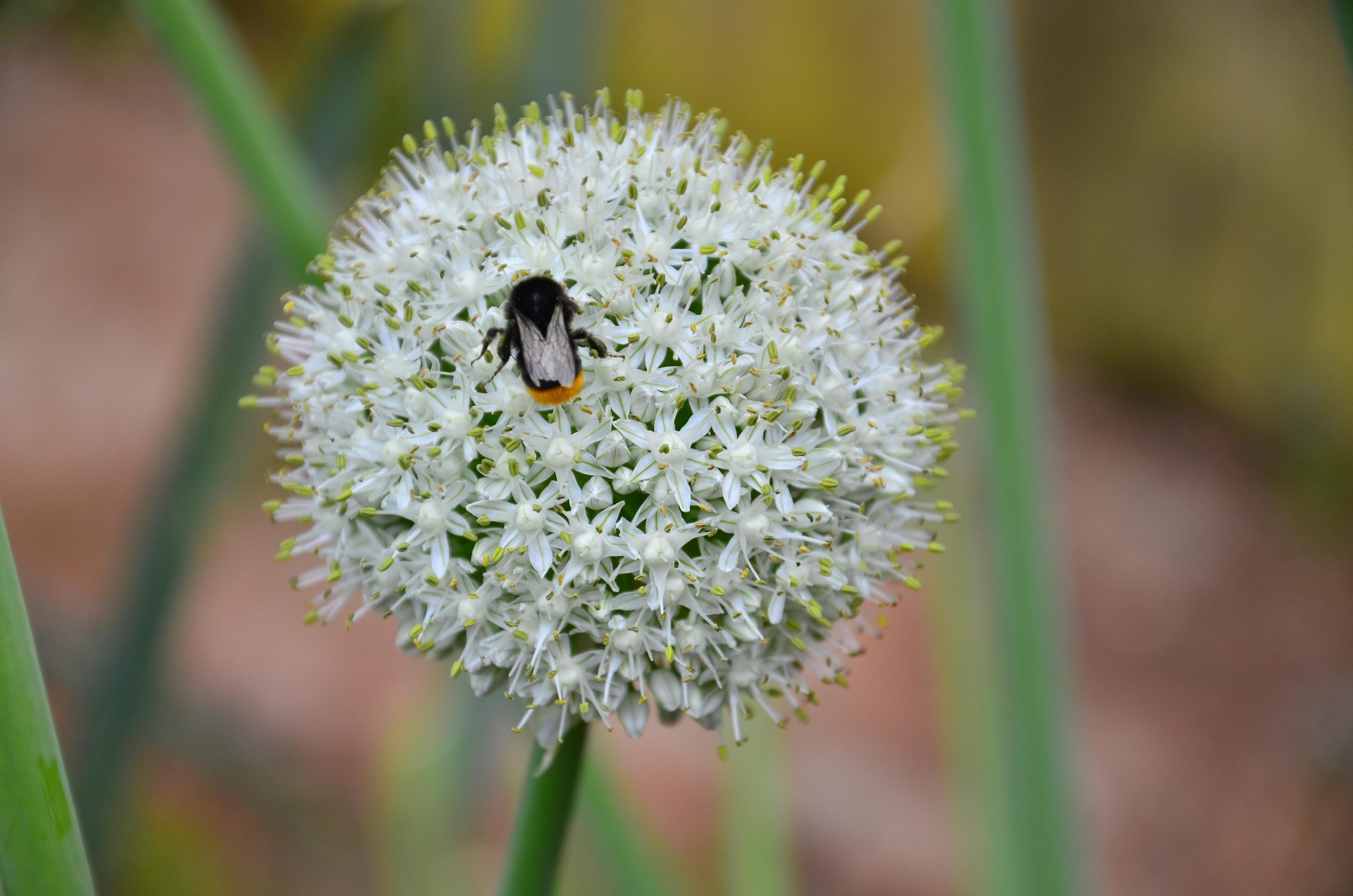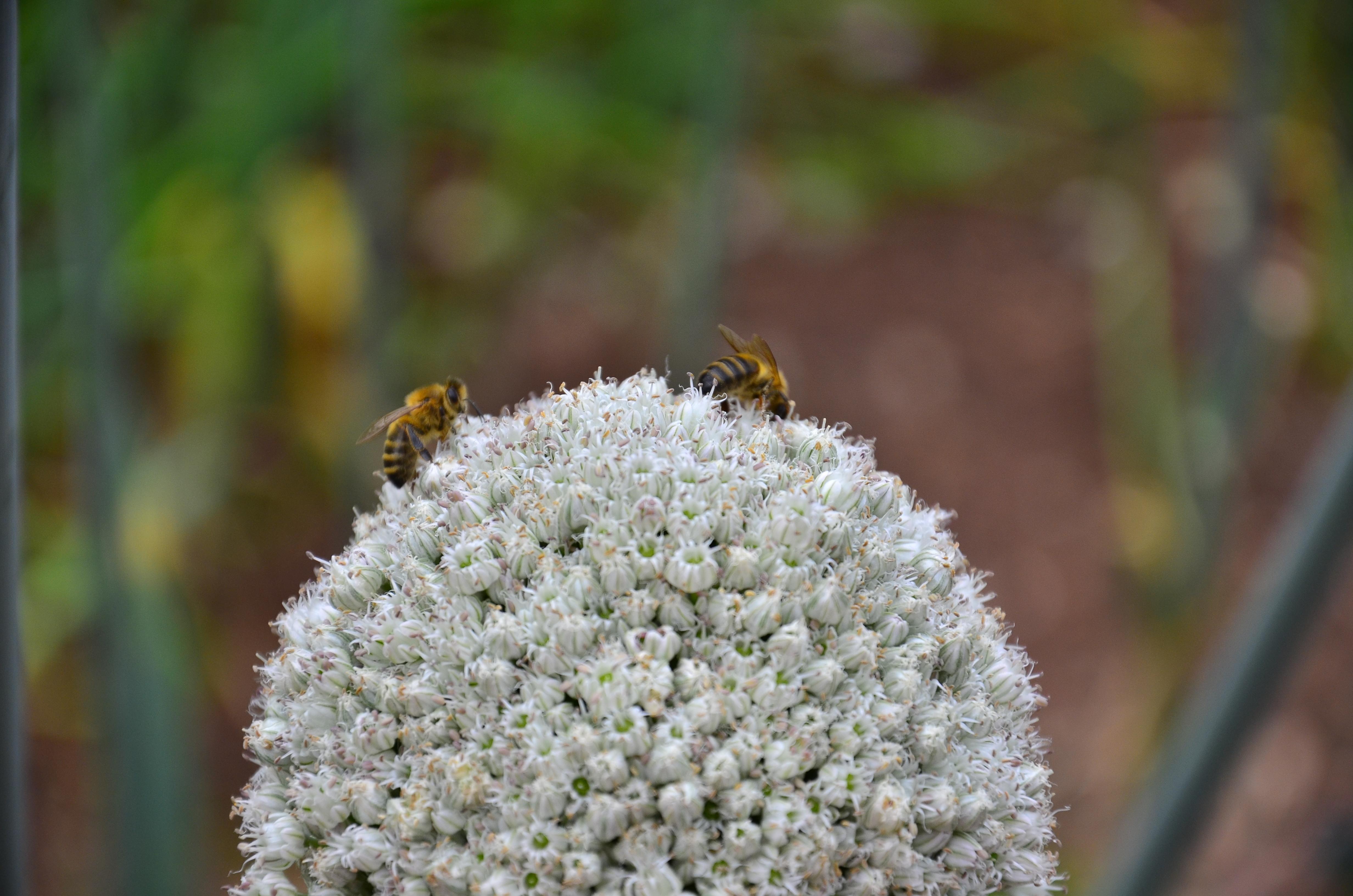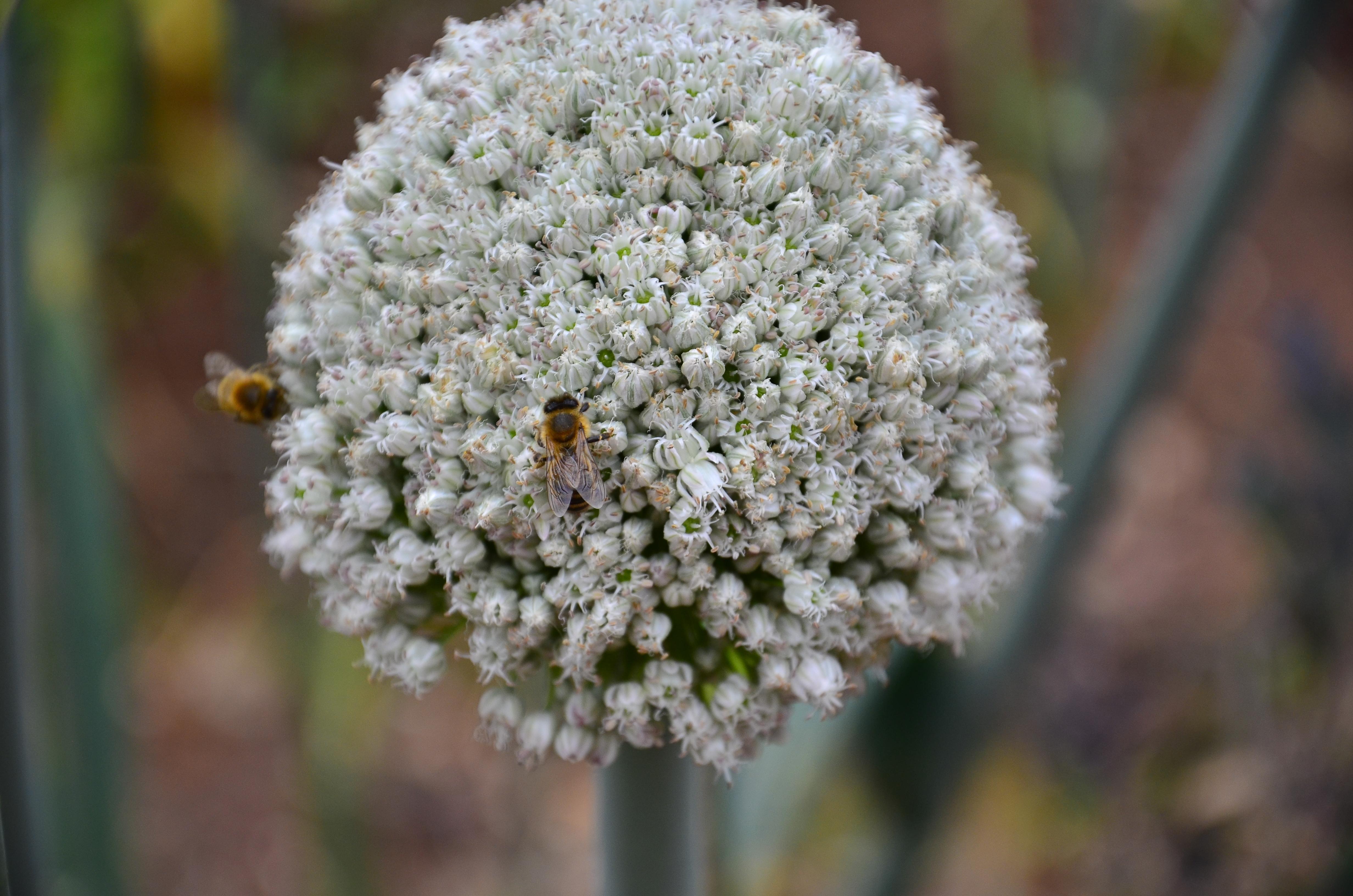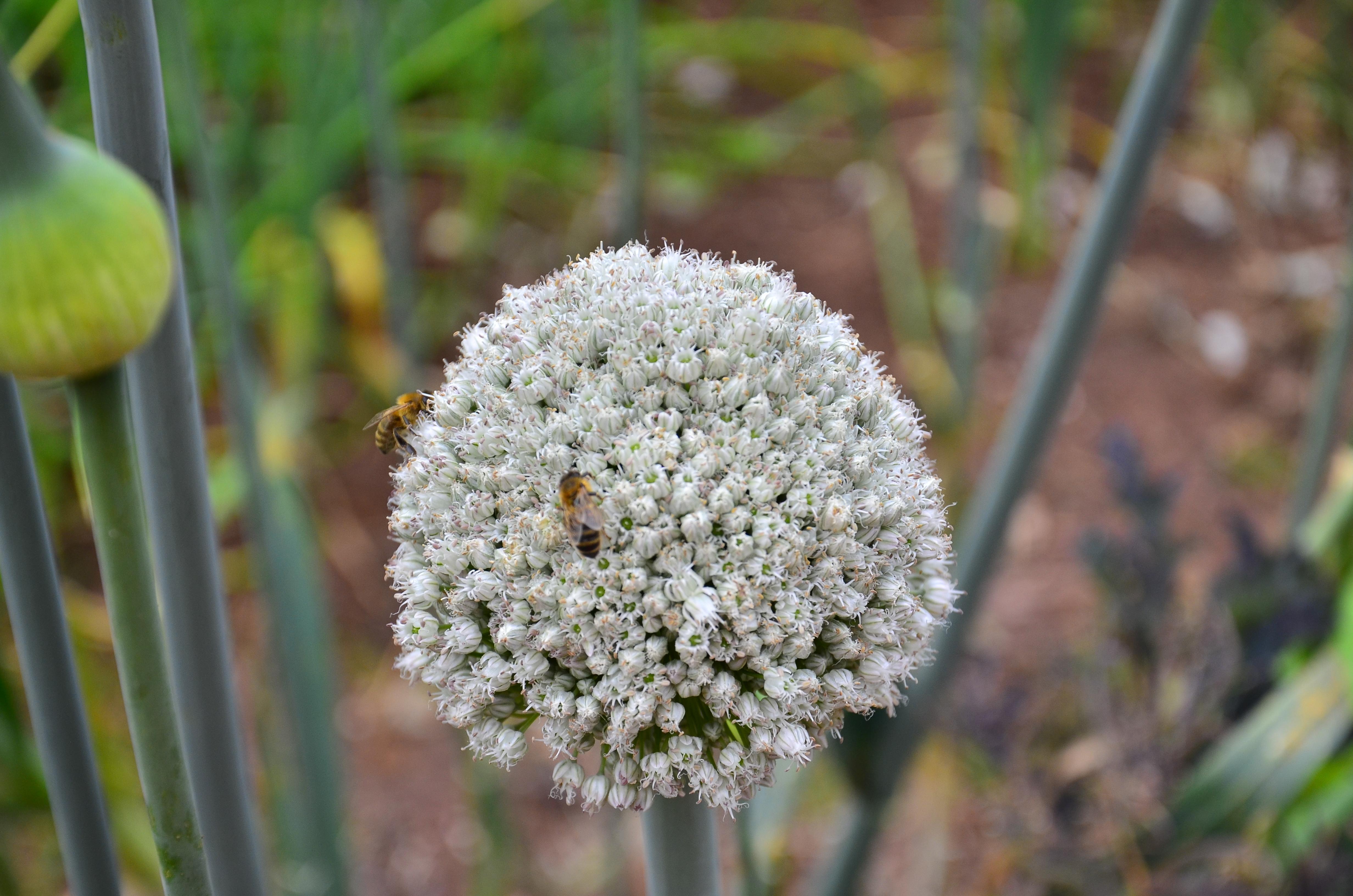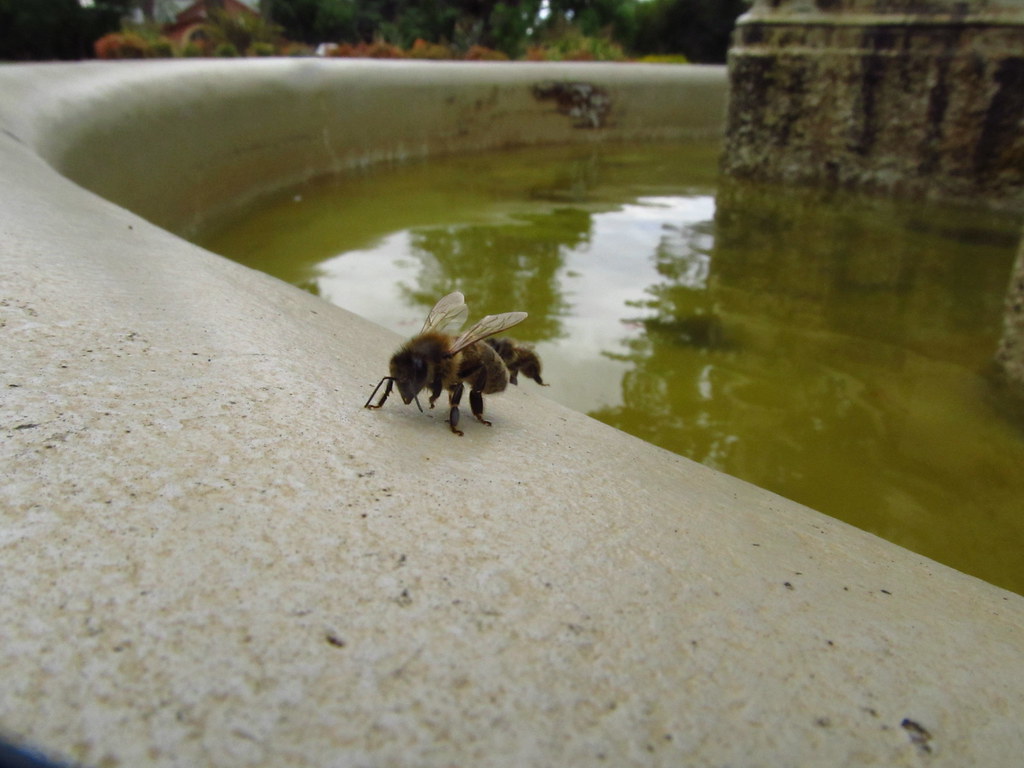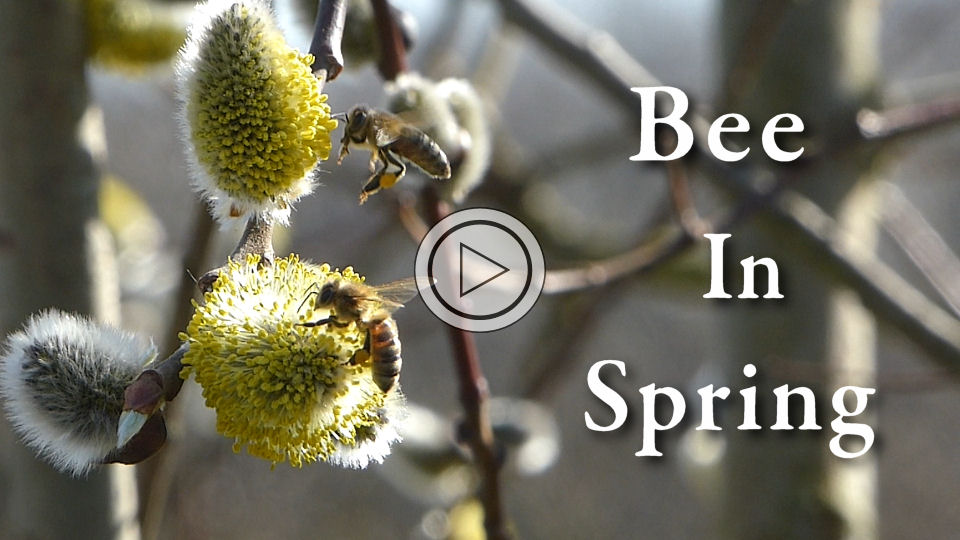Please tell the top makers of almond milk to stop killing bees
#PeoplesVoice #AlmondMilk #Bees #BlueDiamond #Danone #Petition
"Each winter, billions of honeybees are prematurely woken from hibernation, trucked into California and exposed to a “soup” of bacteria, parasites and toxic pesticides -- so they can serve as pollinators for the fast-growing almond milk industry.
They end up sick and exhausted, and many don’t make it back. Every year, up to 30 percent die.
Our fragile bees deserve better -- and almond milk drinkers deserve a truly animal-friendly product.
The good news is there are ways to grow almonds that don’t kill or harm bees. But Blue Diamond (maker of Almond Breeze), the number-one almond milk brand in the world, won't commit to using 100 percent bee-friendly almonds. Danone, maker of Silk and Alpro, says it's aiming for bee-friendly certification, but has yet to commit to a concrete timeline for a complete transition.
We’ve got to use public pressure to get almond milk corporations in the bees' corner -- before it’s too late.
Almond milk is the world’s most popular plant milk, outselling alternatives like soy, coconut and oat milk nearly five to one. And the vast majority of almonds that go into it come from pesticide-soaked monocultures in California’s Central Valley.
Almond milk corporations are reaping billions in profits from consumers who care about the environment. They should be doing everything they can to make their product sustainable, not cutting corners with megafarms that take their bees for granted (on top of overtapping California's limited water supply).
That’s why bee experts have explained exactly how almond farms can create a healthier habitat for bees. And if enough of us come together, we can make sure every almond milk maker gets on board.
Blue Diamond, Danone and others are scrambling to protect their products’ wholesome image after January’s Guardian exposé on bees and almond milk. Now is the perfect time to push for a bee-saving almond revolution!
Our research suggests that brands are making some progress: Alpro sources almonds from bee-friendlier habitats in the Mediterranean where it's piloted conservation schemes, while Silk has worked to increase biodiversity on some California farms. But neither parent company Danone, nor competitor Blue Diamond (which lags further behind), have committed to a total supply chain revamp, let alone a concrete timeline for using only almonds from bee-friendly certified orchards.
Bees go through so much to bring us the food we eat every day. It’s only right that we give something back. And again and again, SumOfUs members like you have come to the bees’ aid when they needed you. You’ve pushed for bans on some of the deadliest bee-killing pesticides, and forced governments in Europe and Canada to pass laws protecting bees’ health over Bayer and Syngenta’s profits.
Add your name to demand bee-friendly almond milk!

